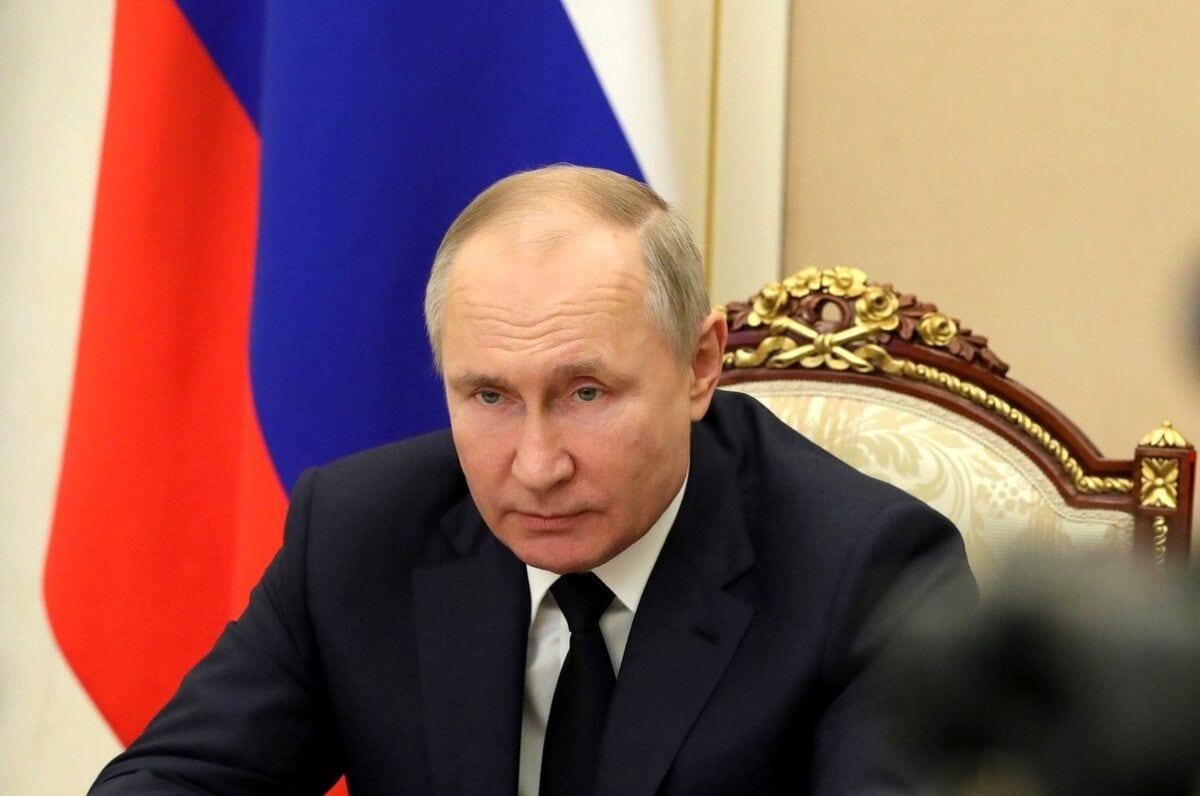Russia – China Alliance Coming Soon? Following a series of victories for the Ukrainian military in Kharkiv and elsewhere, several high-profile national security experts have raised the possibility of Russian President Vladimir Putin resorting to using tactical nuclear weapons in an act of pure desperation.
The prospect of a nuclear conflict between Russia and the West is not impossible but still remains unlikely – meaning Putin still needs to find a solution for his struggling war campaign in Ukraine. Among the Russian president’s dwindling options are working with China on an aggressive campaign against the West, or finally getting back at the negotiating table with Ukraine.
Is Putin Planning Something With China?
If Putin ultimately decides against the use of tactical nuclear weapons, he’ll need support from his allies in the east. On Wednesday, the Kremlin announced that the Russian president would meet with Chinese President Xi Jinping later this week to discuss the war in Ukraine as well as other “international and regional topics.” It seems as of this writing that a meeting is underway.
It’s yet another sign that Russia is doubling down in its “pivot to the east” strategy, firming up relationships with countries that don’t oppose his war and dealing with the new reality of crippling Western sanctions. China has so far refused to provide direct military support to Russia, whether in the form of gifting military equipment or sending soldiers, but this meeting could be an opportunity for Putin to request alternative forms of support from China.
China obviously has concerns about getting involved in the conflict and has many reasons not to take sides. Any effort to pressure the West to drop sanctions on Russia from China could potentially hurt the Chinese economy, which is dependent on manufacturing and exports to the west. At the same time, though, the Chinese Communist Party also knows how dependent the west is on the Chinese economy.
The swords may have already been drawn, though. The United States is already considering sanctions on China to deter efforts to invade Taiwan, and both Presidents Donald Trump and Joe Biden have addressed the importance of manufacturing more at home.
The United States and China both have a lot to lose in the event of worsening relations between the two countries – though it’s hard to imagine them getting much worse these days – but with China’s eyes firmly set on invading Taiwan, the war in Ukraine and the west’s actions against Russia could be the line in the sand for Xi Jinping.

Russian President Putin. Image Credit: Creative Commons.
At this stage, China may not have as much to lose as it did before, and a realignment in the east – with even closer cooperation between Russia and China – could be on the cards. It would be a realignment that could prove mutually beneficial to Russia and China, but one obviously fraught with problems given that North Korea is already being treated as a serious part of the new structure.
If Putin seeks a closer relationship with China and a stronger eastern alliance to take on the West, his loss in Ukraine could be the catalyst to make it happen.
Jack Buckby is a British author, counter-extremism researcher, and journalist based in New York. Reporting on the U.K., Europe, and the U.S., he works to analyze and understand left-wing and right-wing radicalization, and reports on Western governments’ approaches to the pressing issues of today. His books and research papers explore these themes and propose pragmatic solutions to our increasingly polarized society.

